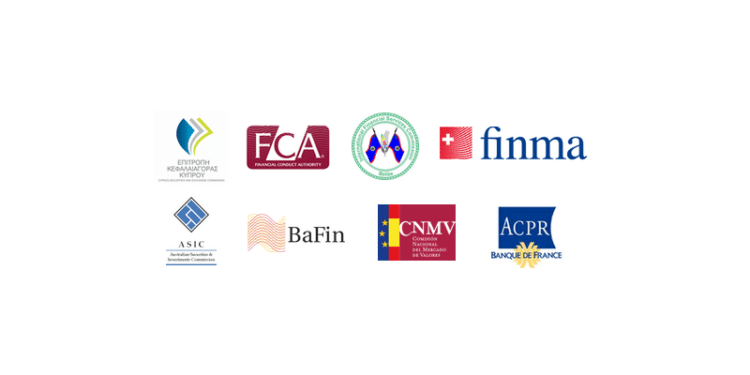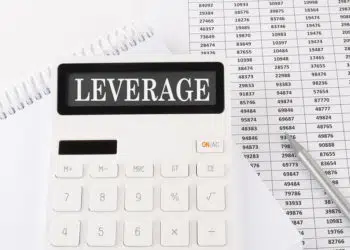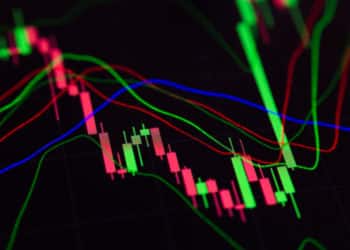Overview
No one would ever trust a company situated in the middle of nowhere with their money – regulation ensures this doesn’t happen. In a financial setting, like forex, where traders exchange large amounts of money daily, regulation is critical. From a trader’s perspective, it is beneficial to observe the landscape and contributions that regulators provide.
What is the role of a regulator in forex?
We should preface this section by stating that forex is a 24/5 decentralized market. Any forex regulator cannot have any real say in the behavior of forex participants. They only govern the financial services that clients use to trade forex, most notably brokers.
It is for this reason that instead of having a few or one central global authority, each country explicitly involved in online forex trading will have its own agency. As with any authority of this kind, the role of a forex regulator is subjecting financial institutions to the prescribed guidelines in the best interest of clients.
After setting the standards to follow, a regulator must ensure those institutions still abide by them through oversight or re-enforcement. One of the most important functions for a regulator is providing an operating license to brokers.
Since these licenses require extensive capital and other qualifications, this ensures very few fly-by-night brokers could exist. Some other functions of a regulator are:
- They enforce regular audits where brokers have to submit reports detailing their activities, ensuring sufficient capital is available, and other data related to their clients’ trading.
- They ensure that brokers have segregated accounts. In the unlikely case of liquidation, the broker’s funds would be kept separate or segregated from those deposited by their clients.
- In any cases of malpractice, regulators have the power to either suspend or permanently stop a broker from operating in a chosen jurisdiction.
What does it mean for forex traders?
A forex regulator should hold values of consumer protection in high esteem. In an attractive financial market like forex, scams of all kinds can slip through the cracks. Fortunately, very few scammers attempt to own a brokerage, mostly due to the presence of regulators.
A trader needs the confidence to deposit their hard-earned money to a broker that will not mistreat their funds. Furthermore, a regulated broker should always allow for swift withdrawals provided both parties have met the agreed terms and conditions.
One of the major risks of trading with an unregulated forex broker is their notoriety for delaying or, worse, not paying for withdrawals, among other suspicious practices. Brokers regulated with bodies in many first world countries are far less likely to cheat their clients.
The following are other distinctions that can directly impact traders, mostly based on where they live.
Individual country restrictions
Each country will have its respective regulatory authority overseeing the standards set for brokers. As a new trader, you need to be aware of any possible restrictions your country may have on trading forex.
Alternatively, specific brokers may not serve your nation for regulatory reasons. For example, it is well known that very few forex brokers offer services to American clients primarily due to the country’s heavy regulations on most online trading.
Although citizens are legally able to trade forex, few brokers can afford to obtain licenses from the primary watchdogs there. Other countries like Canada and Japan also face similar restrictions as the States and aren’t particularly forex-friendly.
Nonetheless, information on which countries a specific broker may not serve is always clearly highlighted for awareness.
Regulator-specific rules
Although most regulators have similar rules for brokers, one of the several exceptions is the FCA (Financial Conduct Authority). The FCA is the UK’s main financial watchdog and one of the most popular in forex.
Due to concerns over the number of traders losing money, a few changes were implemented in 2018 by ESMA (European Securities and Market Authority) in conjunction with the FCA. The first main adjustment was leverage for trading forex with FCA-regulated brokers would be significantly reduced.
The second was that brokers overseen by the FCA are now required to place a risk warning detailing the percentage of clients who lose money over a certain period.
This example is one of a few that is apparent, though it may not be the only one that traders will need to know. Depending on where one resides, it is useful to know whether there are specific things to note.
Protective measures
As stated previously, some regulators mandate brokers to acquire segregated accounts, although this isn’t always the case. These are some of the considerations clients should be aware of when considering signing up to a broker.
Another standard protective measure made by regulators is the insurance or compensation schemes where client deposits and withdrawals are insured up to a specific amount. Depending on the regulator, this measure isn’t always mandatory for a broker to receive a license.
‘Know Your Customer’ law
Another aspect of regulated brokers is adhering to KYC (Know Your Customer) rules where personal information from clients is required before a trader can open an account and make a deposit or withdrawal. Unregulated brokers may not need this data. While some value their privacy, there are also risks involved that do not exist with a regulated entity.
Well-known regulators in forex and ensuring safety
There are countless offshore unregulated brokers available for forex traders, which are not usually advisable options. Unregulated brokers can always act unethically, and little information on their whereabouts is publicly available.
Before traders consider using a new broker, it becomes paramount to check for regulation. A regulated broker will provide this information typically at the footer of each of their website pages with all the relevant license numbers that traders can verify on the relevant registries.
Furthermore, regulators should habitually provide news related to the forex industry, some of which detail if they’ve suspended any broker licenses or whether there is any misconduct.
The list below shows some of the well-known regulators in forex considered tier-1:
- CySEC (Cyprus Securities and Exchange Commission), Cyprus
- FCA (Financial Conduct Authority), United Kingdom
- ASIC (Australian Securities and Investment Commission), Australia
- BaFin (Federal Financial Supervisory Authority), Germany
- FINMA (Swiss Financial Markets Supervisory Agency), Switzerland
- JFSA (Financial Services Agency), Japan
- CFTC (Commodities Futures Trading Commission) and SEC (Securities and Exchange Commission), the United States
Conclusion
Regulation isn’t a foolproof method for completely transparent interaction with brokers since some can still act against their client’s best interest. However, it does minimize the chances of that happening since the risks of dealing with an unregulated entity are greater.
Therefore, it should always be the first point of reference for any prospective client before dealing with a broker. Understanding regulation should also help traders see if any laws in their country apply to investing in forex that could be a deterrent.







